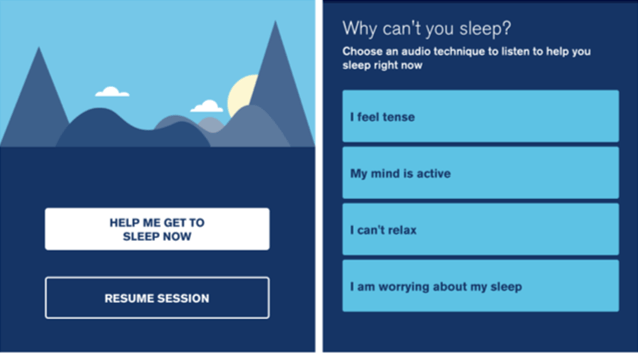Posts Tagged ‘cognitive behavioural therapy’
Time for a universal “exercise prescription” for kids and adults to boost cognition and mental health?
Welcome to a new edition of SharpBrains e‑newsletter, featuring this time a range of brain research findings, tools and controversies plus some brain teasers to challenge your (and our) working memory. #1. Major evidence review supports an “exercise prescription” for most adults to boost mental health “Higher intensity physical activity was associated with greater improvements”…
Read MoreVirtual cognitive behavioural therapy (CBT) accounts for over 30% of NHS mental health treatments — up from 10% in 2017
Concern as a third of NHS mental health treatments shift online (The Guardian): An Observer analysis of data from private providers, cross-checked against NHS figures, reveals around one in three mental health treatments in England are delivered online, up from one in five in 2019, and one in 10 in 2017. Patients with mild to…
Read MoreThe National Health Service (NHS) in England to roll-out nine online cognitive-behavioural therapies (CBT) for adults with anxiety or depression
Online depression therapy given go-ahead in England (BBC News): Nine online talking-therapy treatments for anxiety or depression have been given the green light to be used by the NHS in England.
Read MoreNICE in the UK issues recommendation for Sleepio app, the digital cognitive behavioural therapy for insomnia by Big Health
Sleepio becomes first digital therapeutic to receive NICE guidance (MobiHealthNews): The National Institute for Health and Care Excellence (NICE) has recommended the Sleepio app as an effective alternative to sleeping pills. In its guidance, NICE states the app, created by digital therapeutics (DTx) firm Big Health, is a safe and effective treatment for people suffering from…
Read MorePear Therapeutics raises $175M and goes public via SPAC deal raising the profile of prescription digital therapeutics
Digital health firm Pear goes public, raising $175 million (pharmaforum): Pear will make its debut on the exchange today after combining with Thimble Point – a special purpose acquisition company (SPAC) – in a deal that sidestepped the conventional initial public offering (IPO) route and has propelled its valuation to around $1.6 billion … Pear specialises…
Read MoreTrend: Harnessing digital tech to improve mental health and wellness
From mindfulness apps to virtual therapy sessions, digital tools offer instant access to wellness resources (The Globe and Mail): In 2015, Brie Code was working at leading video game company Ubisoft as lead artificial intelligence programmer when she realized that many people she knew – about half, by her estimation – found video games boring.
Read More




